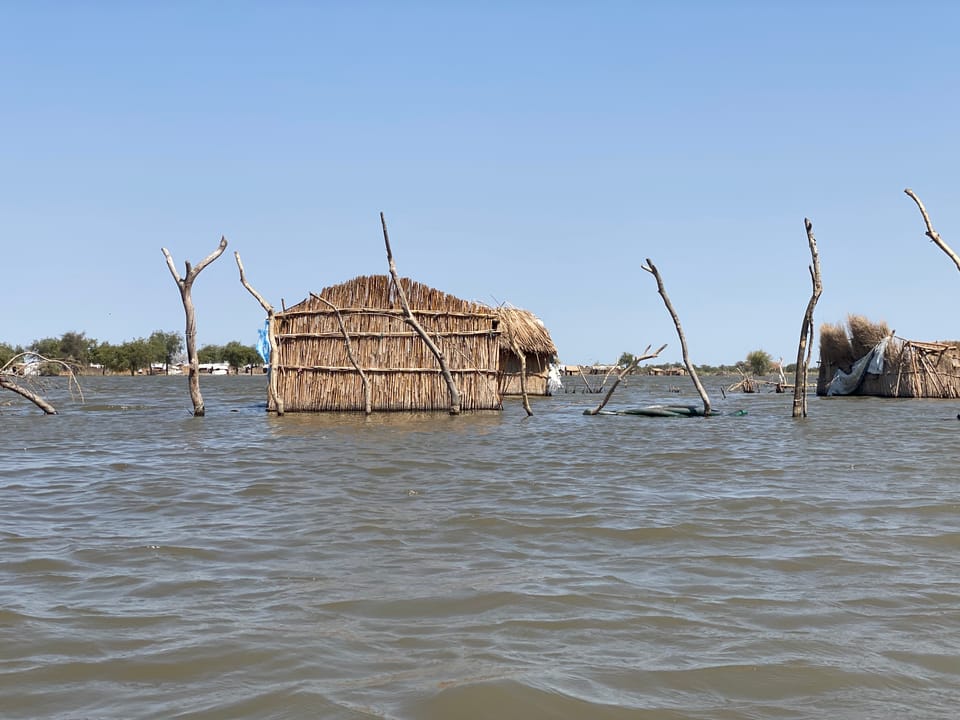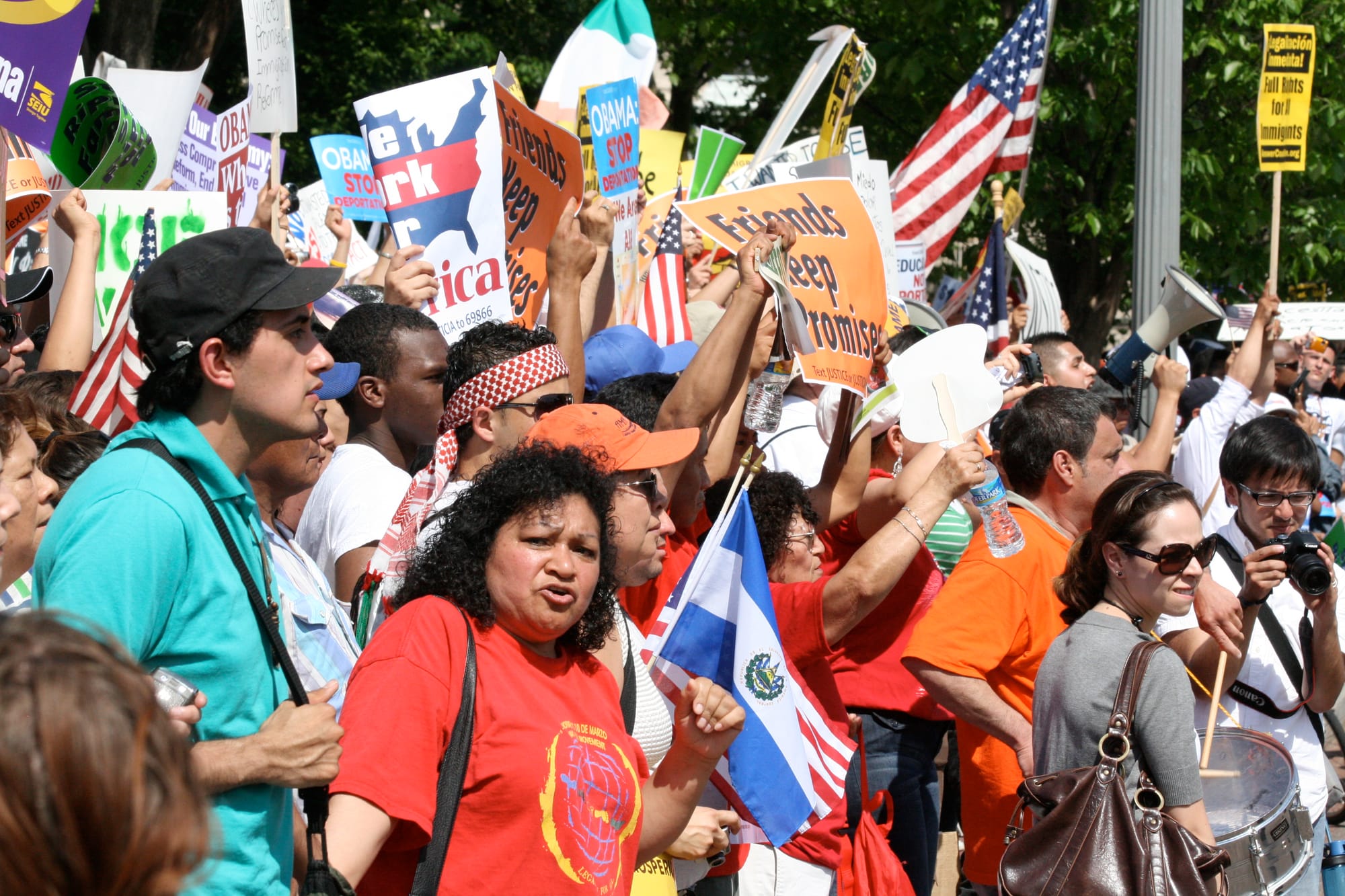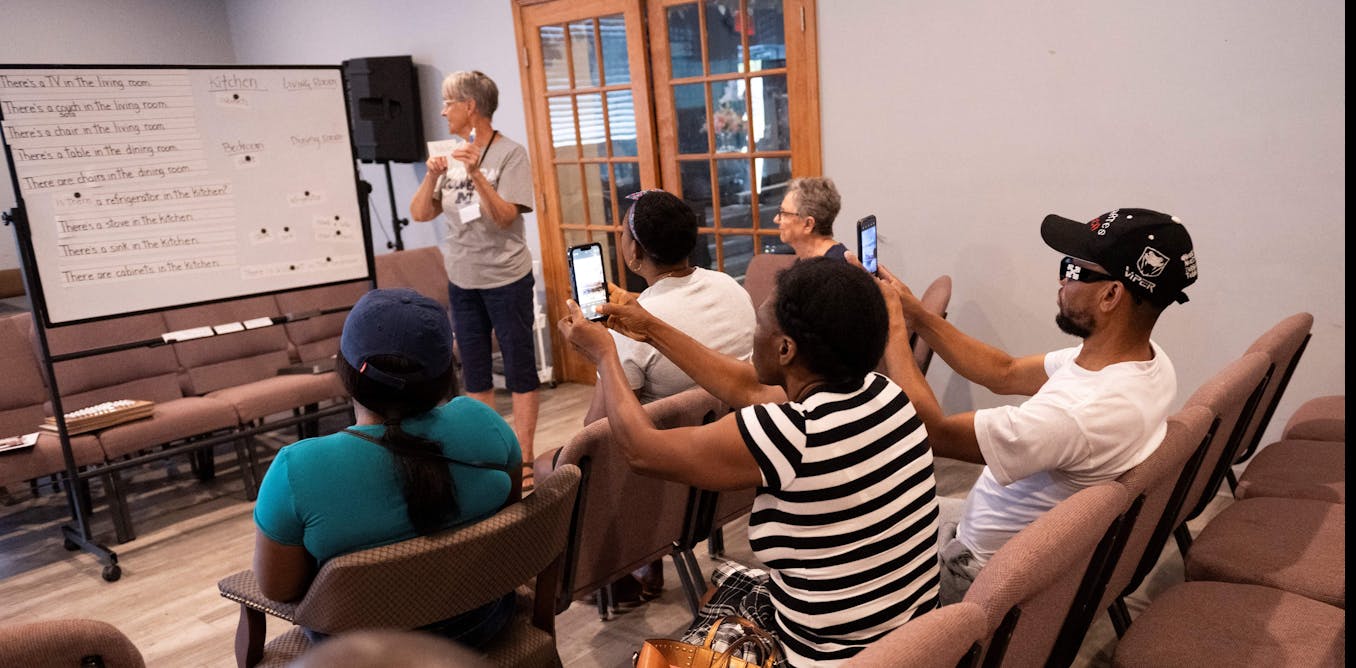Leir Migration Monitor: Humanitarian Tools of Prevention and Protection

Possibilities and limitations of anticipatory action in complex crises: acting in advance of flooding in South Sudan
Article for ODI Disasters Journal published on September 4th, 2024 by Feinstein Senior Researcher and Leir's Senior Fellow Evan Easton-Calabria.
In her article for ODI Disasters Journal, Evan Easton-Calabria investigates the design and implementation of anticipatory action (AA) within complex crises, using a 2022 United Nations early action pilot in South Sudan as a case study. The research contributes to academic discourse on forecast-informed humanitarian interventions, particularly in contexts marked by conflict and displacement, where standard AA frameworks face challenges due to data scarcity and multiple hazards. It critically examines the operational dynamics of AA, emphasizing the importance of flexibility, cross-sectoral collaboration, and integration with development and peacebuilding processes.
The study aims to enrich scholarly understanding of how AA can be adapted to fragile environments, offering practical implications for the broader AA community as it seeks to enhance pre-disaster response mechanisms in settings of protracted crisis and vulnerability.
Find Evan Easton-Calabria's article here.
What is Temporary Protected Status?
Article for the October 16th, 2024 edition of The Conversation by Karen Jacobsen, Henry J. Leir Professor in Global Migration at the Fletcher School of Law & Diplomacy, Tufts University

In her piece for The Conversation, Leir-affiliated faculty Karen Jacobsen examines Temporary Protected Status (TPS), a legal provision that permits individuals from countries facing extraordinary situations—like armed conflict or natural disasters—to remain in the U.S. temporarily, even if they entered without formal approval. Although TPS beneficiaries cannot automatically obtain citizenship or permanent status, they may apply to adjust their immigration status. In addition to TPS, the U.S. offers parole programs, which allow select groups to stay in the U.S. temporarily for urgent humanitarian reasons.
Jacobsen argues that TPS and parole are crucial tools in U.S. immigration policy, providing essential protection to people facing life-threatening conditions in their home countries. She suggests that maintaining such programs aligns with a long-standing U.S. commitment to supporting people in dire need, though additional resources are needed for communities hosting large numbers of immigrants.
Read more of Karen Jacobsen's article here:

Spotlight: Colleen Thouez, PhD F99

Dr. Thouez is a globally recognised expert in the field of human mobility. She worked for 17 years at the United Nations, including as advisor to the late Sir Peter Sutherland, Special Representative of the Secretary-General for International Migration until 2018. From 2018-2021, she directed the Welcoming and Inclusive Cities Division at the largest global human rights philanthropy, Open Society Foundations (OSF), where she helped establish the Global Forum on Migration and Development (GFMD) Mayors Mechanism; founded the Mayors Migration Council (MMC) and its Global Cities Fund for Pandemic Relief (2019); and launched the Africa-Europe Mayors Dialogue on Growth and Solidarity (2020). In 2021, she founded a multi-million dollar public private refugee resettlement initiative at the National Association of Higher Education Systems (NASH-RRI) in the United States, and in 2022, she co-founded Europe Prykhystok, offering short-term respites away from the war within communities in France and Germany for close to 1,000 Ukrainian children thus far.
Dr. Thouez is also senior fellow at the New School in New York, senior visiting fellow at SciencesPo Paris, faculty member at Bard College, and senior advisor at the UN Institute for Training and Research (UNITAR). She currently chairs of the Global Centre for Climate Mobility’s advisory board, and is a member of the Alumni Advisory Group of the Henry J. Leir Institute at the Fletcher School.
She received her Ph.D. from the Fletcher School and her Masters from McGill University. Her academic publications include “New power configurations: city mobilization and policy change” (2022) in Global Networks; and “Cities as emergent international actors in the field of migration” (2020), Global Governance: A Review of Multilateralism and International Organizations.
I am working on: My work focuses on helping forcibly displaced persons in the United States and elsewhere. As the number of people fleeing their homes increases due to conflict and environmentally-induced causes, it’s important that we find solutions that adapt to this reality and are co-constructed with everyone impacted, including people in their new communities. Through my years of multilateral experience advising governments and the United Nations in this field, I’ve seen some progress in our understanding of the complexities of migration, and the need for more actors to get involved. It’s for this reason that I founded the Mayors Migration Council in 2018, to secure mayors’ direct access to discussions from which they were previously excluded and yet which affect their ability to govern more diverse societies.
An insight I’ve discovered: Having the benefit of serving in senior positions in philanthropy, the UN, and the non-governmental sector, I’ve learned that the contacts you make throughout your career can help you leverage important partnerships to tackle the biggest challenges of our time. I co-founded an NGO in 2022 in response to the invasion of Ukraine, called Europe Prykhystok, or Europe Welcome, that helps children from Ukraine – many orphans of the war – spend time away from the hardships, through respite stays in France and Germany. This work is done through local-to-local partnerships between municipalities in Ukraine and Europe, and so far, 1,000 Ukrainian kids have taken part.
I’m passionate about: In response to the historic arrival in the summer of 2021 of tens of thousands of Afghan nationals in the United States, where I am currently located, I helped leverage the power and reach of public university systems across the country to offer temporary housing to dozens of families. This effort has since expanded through the establishment of the Refugee Resettlement Initiative at the National Association of Higher Education Systems (NASH), building public private partnerships and ushering innovations in workforce development and continuing education for newly arrived forcibly displaced persons in the U.S.: from the Kentucky Humanitarian Assistance Scholarship, to the federal program known as Welcome Corps on Campus.

